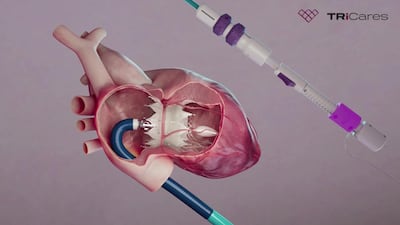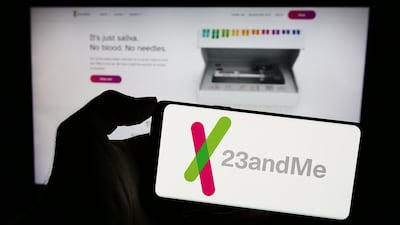The use of X-rays in medical imaging has long presented physicians with a difficult balancing act, especially when it comes to the detection and treatment of breast cancer. The technology has proven effective in helping to identify a certain portion of breast tumors; however, X-ray mammography falls short when it comes to finding breast cancer in women with dense breast tissue, and some safety concerns have begun to emerge over excessive exposure to radiation, mirroring that trend in other areas of the diagnostic imaging industry. The limitations of X-rays in detecting breast tumors, particularly those in women with dense breasts, has led to a continual cry for better technology that can not only do more, but do more while also presenting less potential for harm. The demands are high, but a large push from advocacy groups supporting women’s health issues has forced radiologists and device manufacturers to search for better solutions, and some of the results of that search are starting to hit the market.
One advance that promises to improve breast imaging is tomosynthesis, commonly referred to as three-dimensional (3-D) mammography. The difference between breast tomosynthesis and a standard digital mammogram is the latter...
Read the full article – start your free trial today!
Join thousands of industry professionals who rely on Medtech Insight for daily insights
- Start your 7-day free trial
- Explore trusted news, analysis, and insights
- Access comprehensive global coverage
- Enjoy instant access – no credit card required
Already a subscriber?







